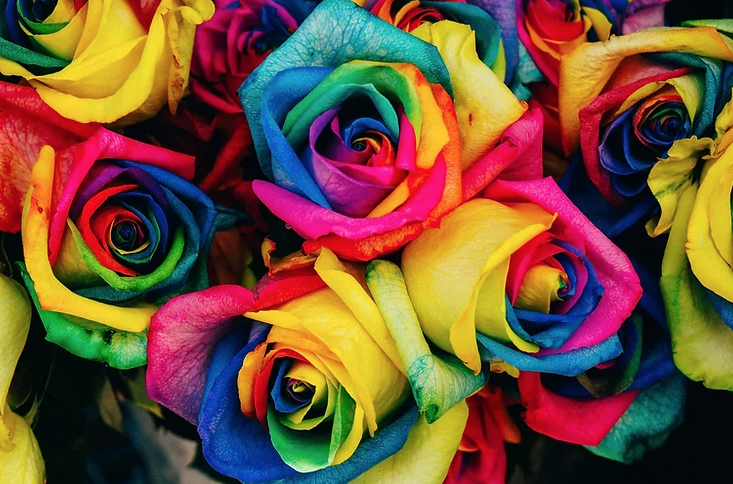
“Authenticity is the daily practice of letting go of who we think we are supposed to be and embracing who we actually are.” — Brené Brown
What if someone asks you, “Who are you?” The automatic response is to provide your name and occupation. You believe you have answered the question by providing your name and the nature of your work. Often the answer is not who you are but what you do. Many people struggle to answer the question “Who are you?” because they don’t know themselves. There is a deeper level of self-identity that is rooted in the truth of who you truly are, your authentic self. Your authentic self is the sum of all your skills, talents, and wisdom, and it extends beyond what you do for a living, what possessions you own, who you are to someone, or what you do for a living.
We present a different side of ourselves to various people in our lives, including significant others, family members, friends, professional colleagues, and acquaintances. As much as we value authenticity, we may discover that we are not always true to ourselves and authentic with others. We may have developed a way of being that tries to look good, please others, and avoid the pain of embarrassment instead of being our authentic selves. Being your authentic self means being the way you are, rather than what you believe you are supposed to be. Living a life in which you are not true to your authentic self can lead to a sense of emptiness and dissatisfaction.
You may have discovered that it is easier to play the roles that your family and friends expect of you rather than becoming who you truly want to be and honouring your true gifts and talents. Living this way drains you of energy you need to pursue the things you truly value. For example, on websites like Instagram and Facebook, people share pictures of themselves doing fun and romantic things, or pictures on vacation, or the cute things their kids are doing. You will likely not see pictures of the couple arguing or all the annoying things their kids are doing. This kind of “life editing” can be a slippery slope to trying to reach perfection and losing your true sense of self. When we are authentic, we stay true to ourselves and who we genuinely are. We do what makes us happy, we follow our passions regardless of who we disappoint or how others may perceive it. Living a life of authenticity is a constant effort and means sacrifice. Not everyone in our lives will respond well to our authentic self, because of how it may impact them. However, we have the opportunity for others to love us and accept us for who we are at our core. When we are authentic, we are being vulnerable; we are showing all parts of us, the good and the bad. This allows for more intimate and honest relationships, as well as true acceptance and unconditional love.
Finally, in order to discover your authentic self, you must first look within yourself. This can be incredibly hard for people who have spent their entire lives focused on other people’s needs and demands. It is important to distance yourself from those who have destroyed your authentic self. Your authentic self will require nurturing care, so avoid those who are incapable of providing it. Learning to be your authentic self is an essential part of creating a meaningful life and genuine relationships. That’s when you need to take a step back and ask yourself, “What does being authentic mean to me?” On a more profound level, authenticity illuminates the path to living the life you desire. When you are clear on what is important to you, you can make decisions that are consistent with your identity and core values. You begin to construct a life that gives you meaning and joy. In doing so, you inspire others to do the same. Developing and discovering our authentic self is a process that takes time.